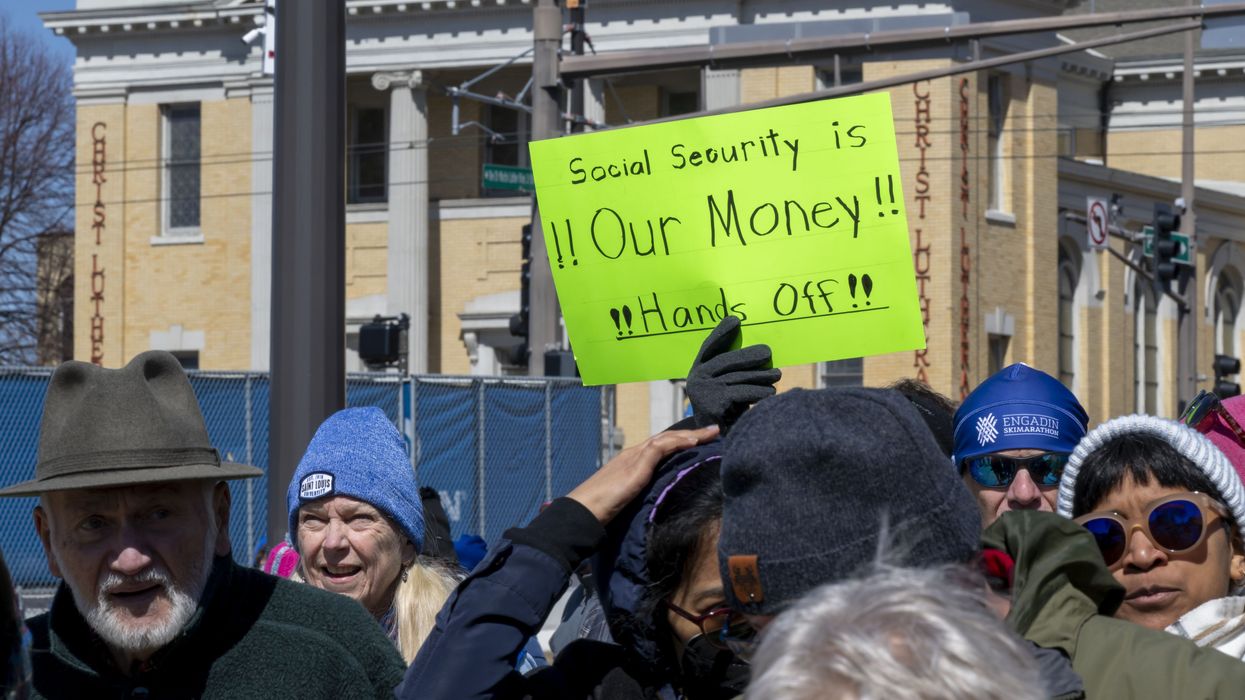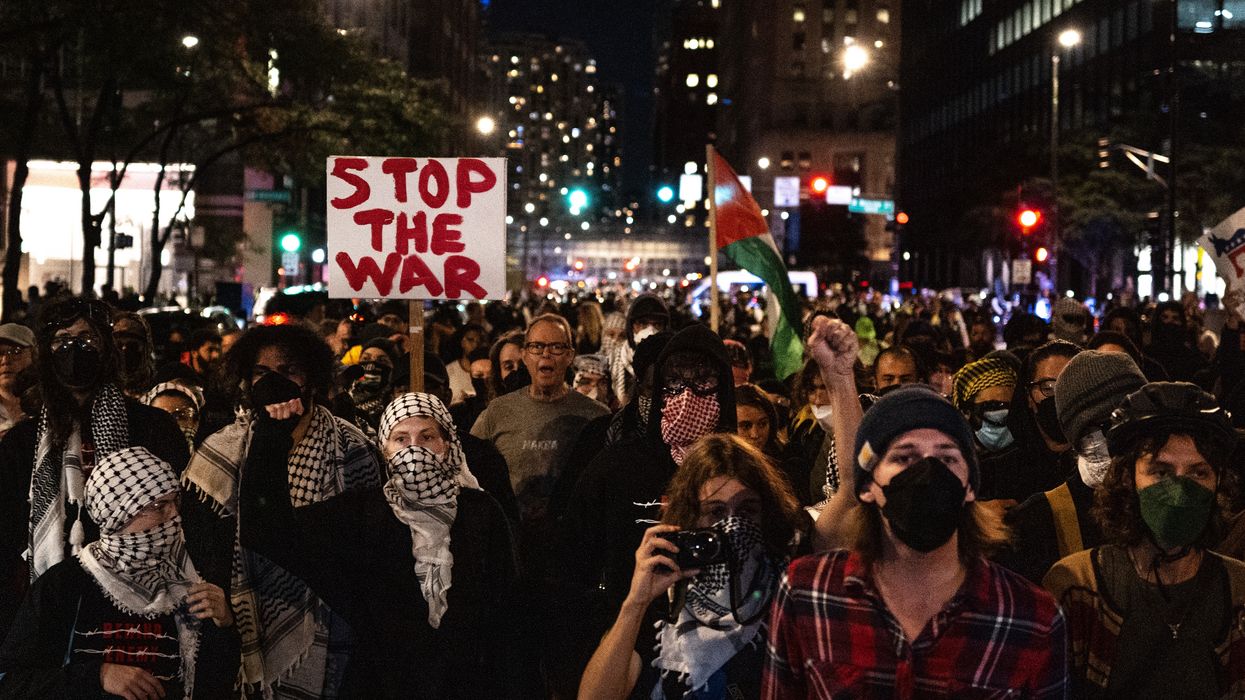Beware the Trump-Musk Regime Weaponizing Social Security!
There is no Democratic Social Security and Republican Social Security. There is only one Social Security system that we all pay into and we all benefit from.
For nearly 90 years, the Social Security Administration has stood above the fray of partisan politics. The agency focused on its mission to deliver hard-earned benefits to every American, regardless of whom they voted for. Official communications channels, such as press releases, never endorsed or criticized a politician.
Indeed, the one time a president tried to politicize Social Security, he was forced to back down. Before benefits were automatically indexed to offset the rise in inflation, Congress would vote for increases that the president signed into law. Those benefits were accompanied by simple straightforward notices, stating that Congress had passed, and the president had signed into law, the enclosed increase.
Just prior to the 1972 election, President Richard Nixon explored the idea of substituting an insert with his signature and photo, hoping to imply that he alone was responsible for the increase (that, ironically, he in fact had opposed). The Social Security Commissioner threatened to publicly resign, and Nixon backed down.
Not only is the Trump-Musk regime lying to you, they are using your money to do it.
President Donald Trump and Elon Musk are throwing that long-standing tradition of neutrality in the trash. The Social Security Administration (SSA) announced that it would be posting its official announcements on Elon Musk’s for-profit social media platform, alongside the platform’s paid advertisements. Consistent with that declaration, SSA’s official account posted a thread to Musk’s platform, X, that began “Former President Joe Biden is lying to Americans.”
This thread was filled with misleading information and used offensive, politically charged language, including “illegal aliens.” Contrary to the thread’s implications, undocumented immigrants do not and cannot receive Social Security. In fact, SSA has determined that undocumented workers have been subsidizing the rest of us to the tune of $25 billion a year, since many of them contribute (under fake Social Security numbers) but never receive a penny of their earned benefits.
This is a wildly inappropriate use of SSA’s resources. Like the rest of SSA, the agency’s official communications are paid for by the American people’s Social Security contributions. Normally, SSA is very efficient, spending less than a penny of every dollar contributed on administrative expenses. But now, some of that money is being wasted and misused on politics. Not only is the Trump-Musk regime lying to you, they are using your money to do it.
Unfortunately, this is just one of many ways the Trump-Musk regime is weaponizing Social Security. After the governor of Maine publicly challenged Trump, Social Security canceled two contracts with her state.
The contracts, which the federal government has with every state, are extremely efficient and important. One of them allows parents to register their newborns for Social Security cards at the hospital, instead of dragging their babies to overcrowded field offices. The other quickly transmits when anyone in the state has died, so benefits can be immediately terminated.
To punish the governor of Maine, the Trump administration decided to punish the parents of newborns. After massive public outrage, the Trump administration was forced to reinstate the contracts.
Trump and Musk could declare people dead because they are political enemies, or members of a disfavored group. They could extort people by threatening to declare them dead.
Leaked emails leave no doubt that the Trump-handpicked acting head of SSA, Leland Dudek, terminated the contracts as political revenge. An SSA employee told Dudek that terminating the contracts “would result in improper payments and potential for identity theft.” Dudek replied, “Please cancel the contracts. While our improper payments will go up, and fraudsters may compromise identities, no money will go from the public trust to a petulant child,” by whom he meant Maine Gov. Janet Mills.
Most chillingly of all, the Trump-Musk regime is illegally falsifying government data by adding people to Social Security’s death master file—despite knowing that they are still alive. Their initial targets are thousands of legal migrants, who have Social Security numbers so that they can work in the U.S.
When Social Security wrongly declares a living person dead, it ruins their life. Financial institutions, health insurance companies, and many other entities rely on Social Security’s data, and they react quickly when someone is declared dead. Imagine, in one keystroke from “Big Balls” or another Musk henchman, losing your income, your health insurance, access to your bank account, your credit cards, your home, and more. This is financial murder.
Legal migrants are the first victims, but if the Trump-Musk regime gets away with this, they will not be the last. Trump and Musk could declare people dead because they are political enemies, or members of a disfavored group. They could extort people by threatening to declare them dead.
All of this is particularly outrageous because Social Security is a nonpartisan program. Democrats, Republicans, and independents alike all value their Social Security benefits and want to see them expanded, not cut. There is no Democratic Social Security and Republican Social Security.
The American people’s message for Trump and Musk is simple: There is only one Social Security system that we all pay into and we all benefit from. Hands off.


